Blog Posts
“‘Eli, Eli, lema sabachthani?” That is ‘My God, my God, why have you forsaken me?” (Matthew 27:46b; see also Mark 15:34).
Jesus cries out in anguish, in Aramaic, the common language of the first-century Jewish community. It is an ancient cry from Psalm 22, speaking for a royal individual like King David or Queen Esther and speaks for the people of Israel, who suffered mightily under Egypt’s Pharoahs, during the Babylonian exile, and under Roman rule.
“My God, my God, why hast thou forsaken me? Why art thou so far from helping me, and from the words of my roaring? O my God, I cry in the daytime, but thou hearest not; and in the night season, and am not silent” (Psalm 22).
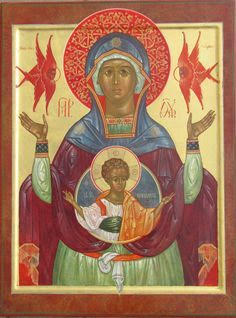
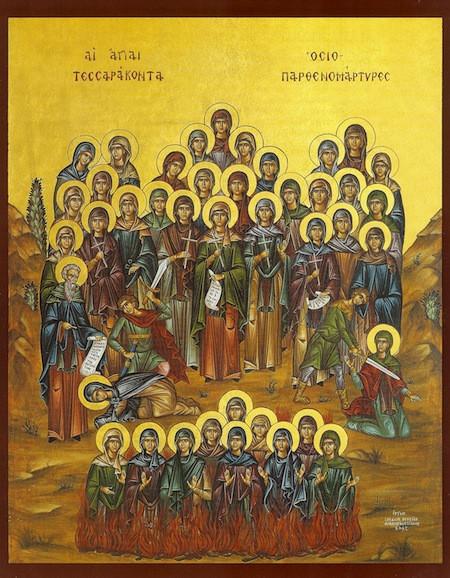
The mystery of suffering.
"Christ did not come into the world to eliminate suffering. Christ has not even come into the world to explain it. Rather, He came to fill human suffering with His presence." -- Fr George Calciu
"Suffering is a fish bone . You can’t eat it or understand it. You just put it on the side of your plate, knowing you’ll understand it better by and by." --Martha Henry (the first person I met when we moved to Cincinnati when I was 5 years old)
James 1:2 "Count it all joy, my brothers, when you meet trials of various kinds..."
Drinking the cup of affliction is a prominent theme this week.
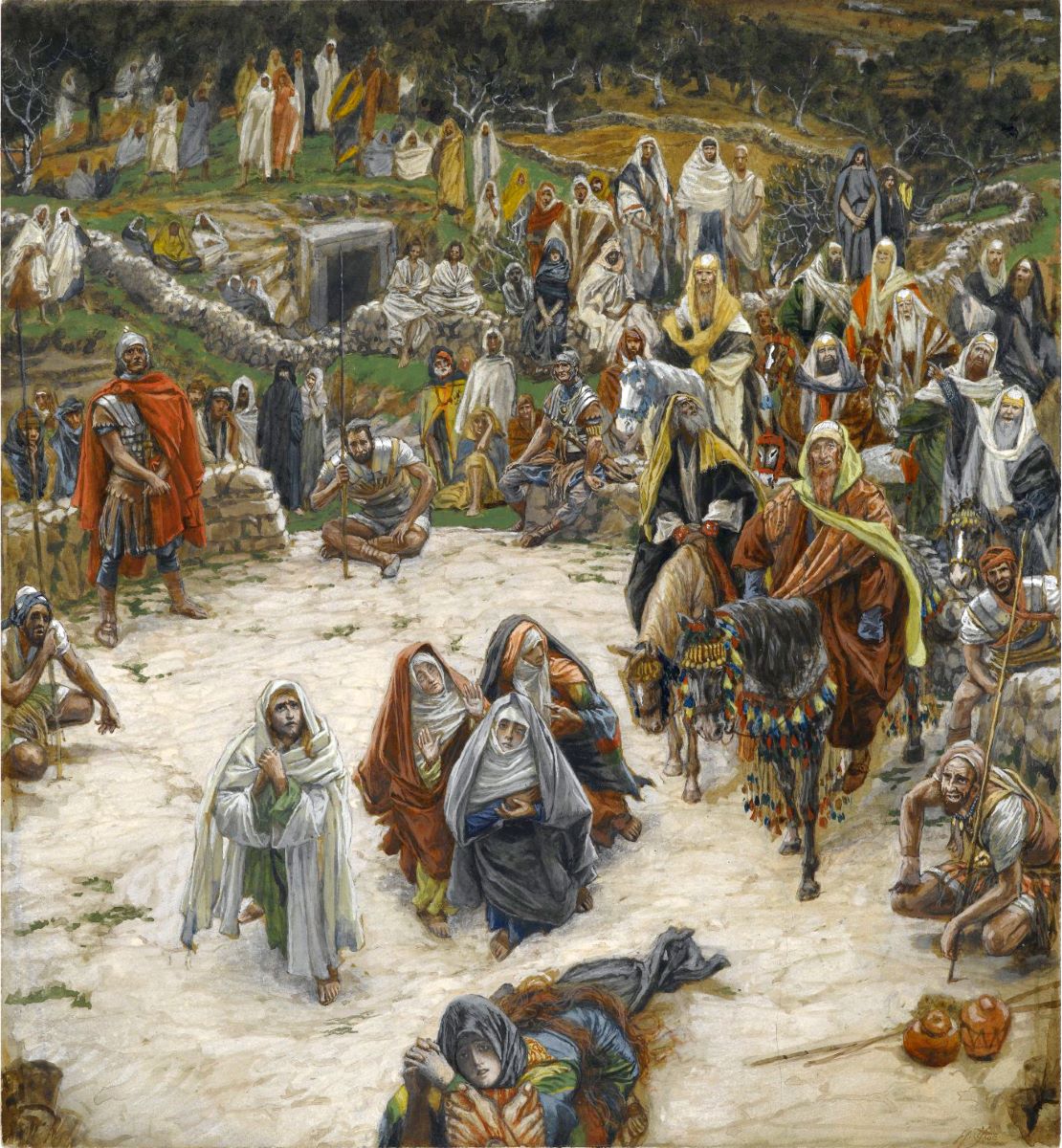
“Father, forgive them, for they don’t know what they are doing.” Luke 23:34
The Passion of Jesus recalls the last days of Jesus’s earthly mission and his death on the Cross. Indeed, some scholars and theologians have surmised that the early Gospel books themselves are introductions, preludes as it were, to the Passion story.
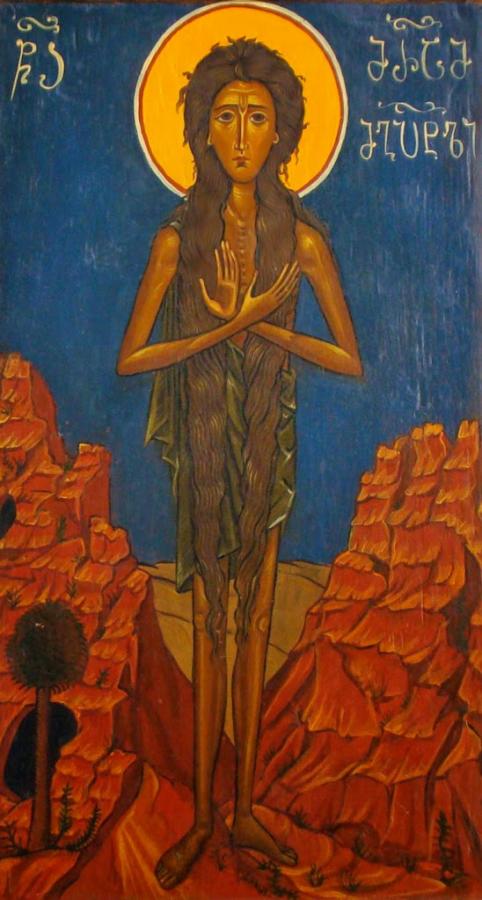
This weekend throughout the Eastern Orthodox world we remember St. Mary of Egypt. She is revered for her great life.
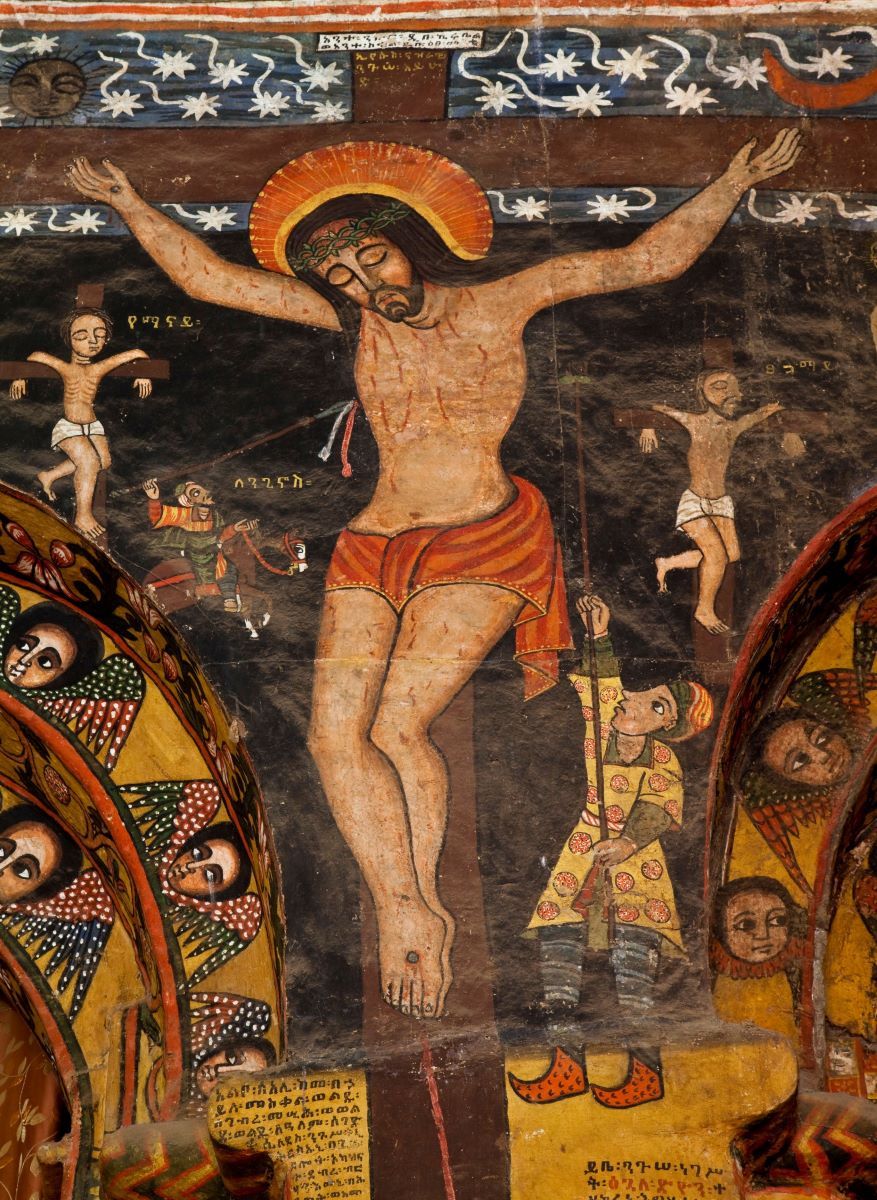
On Gregorian calendar Good Friday this year, our blogger and board member Judith was invited to give a talk at a friend’s church about the second of the “Seven Last Words of Jesus. The icon you see here that she refers to is Ethiopian, from the Alamy collection.
Seven last words: “Truly, I say to you, today you will be with me in Paradise.”
I’d like to begin this meditation showing an icon from the Ethiopian Orthodox Church.
Seeing this icon from Ethiopia, we affirm the ancient Christian religion, birthed and shaped in Africa. It gives us time to rest a while with the sacredness and emotions of the Crucifixion.


